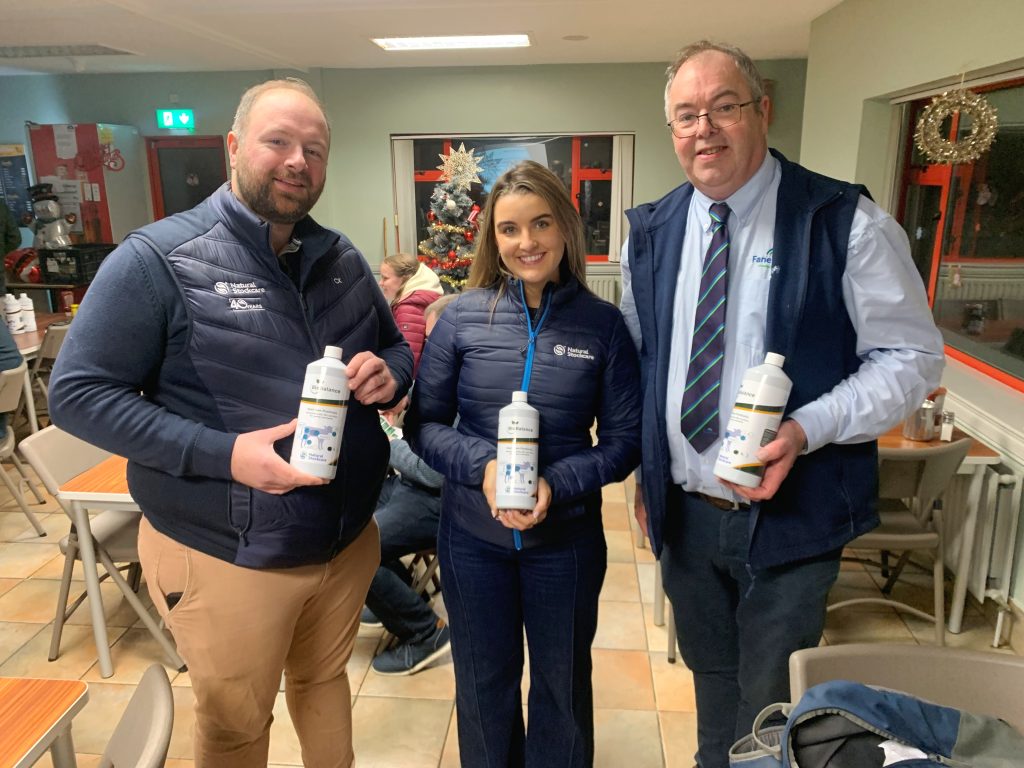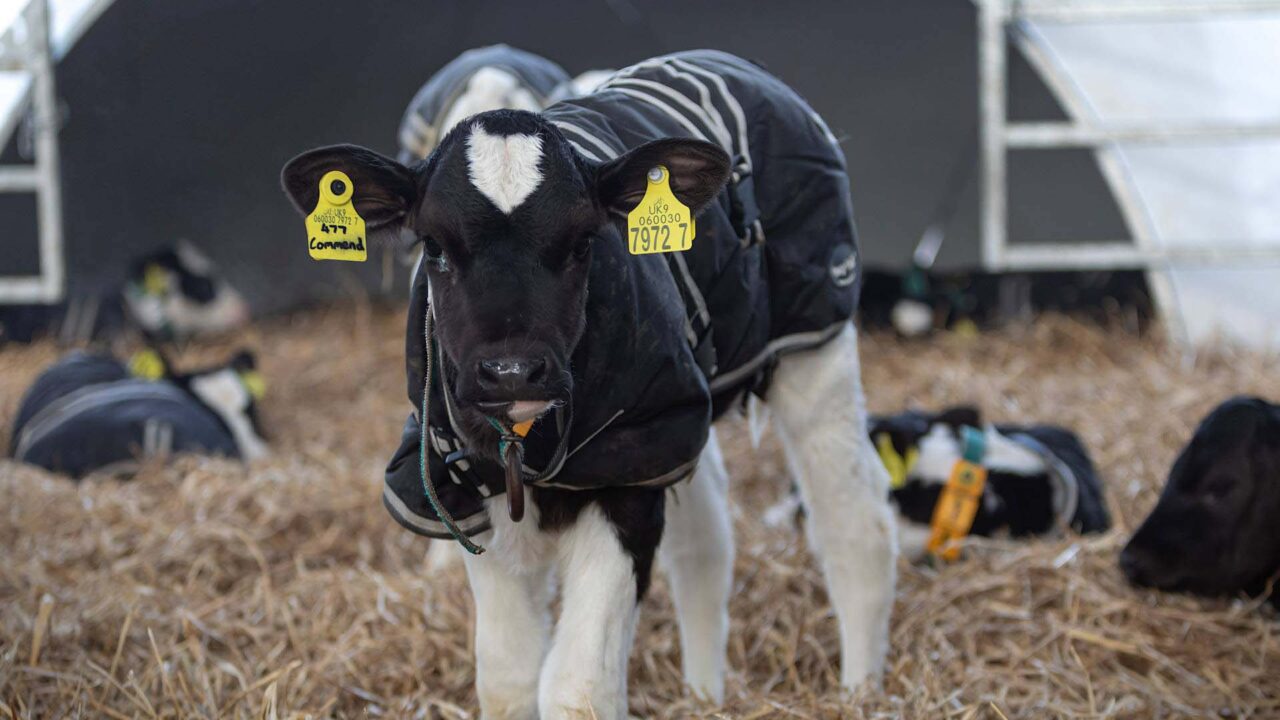The inquisitive nature of calves can be used to drive performance rates in the period from birth to weaning, according to an expert in livestock nutrition.
Natural Stockcare technical director, Andrew McInerney, explained: “Offering concentrate in a shallow feed bowl, as opposed to a deeper bucket is more likely to encourage higher intakes.
“This is because the calf can more clearly see what it is eating.
“And the same principle holds when it comes to drinking water.”
McInerney was speaking at a recent calf-rearing meeting hosted by Fane Valley at its Clogher Mart store in Co Tyrone.
Lifelong performance
He said: “Early rumen development drives lifelong performance.”
He noted that rearing calves well determines the lifelong performance achieved from the cows they eventually become.
“The fundamentals of calf rearing have been well documented. But when it comes to what actually happens on farm, it’s all about being brilliant at the basics,”McInerney said.
“Being consistent, where management practices are concerned, is at the heart of this.
“So, for example, this means having the same people deal with the calves on a daily basis and keeping milk at the same temperature every day.
“Taking this approach will serve to minimise digestive upsets in young animals.”
According to the Natural Stockcare representative, offering feeds of the highest quality to calves from the get-go is extremely important.
“This includes fresh water, concentrates and forages,” he said.
“Water is a big precursor of solid feed intake. It also drives the rate of feed digestion.”

McInerney profiled the important role of colostrum as an all-important source of antibodies in the hours immediately after birth.
“But this is an evolving story – there might well be a role for colostrum as a nutrition source for older calves that have incurred a health-related challenge,” he said.
“The product is one of the most nutritionally dense feed sources that can be offered to calves of any age.
“However, there is also research work ongoing to identify just what actual proportion of the antibodies contained in colostrum can physically pass through the intestinal lining days after calving.”
The Natural Stockcare representative noted that while the levels of antibodies are “undoubtedly very small”, they could have some benefits.
“They still could be large enough to give an older calf that extra antibody response if and when it does encounter any form of health challenge.”
McInerney also referenced the role of transition milk in delivering localised disease protection within the gut during the days directly after calving.
However, he warned: “It’s important that waste milk is never fed to calves.”

